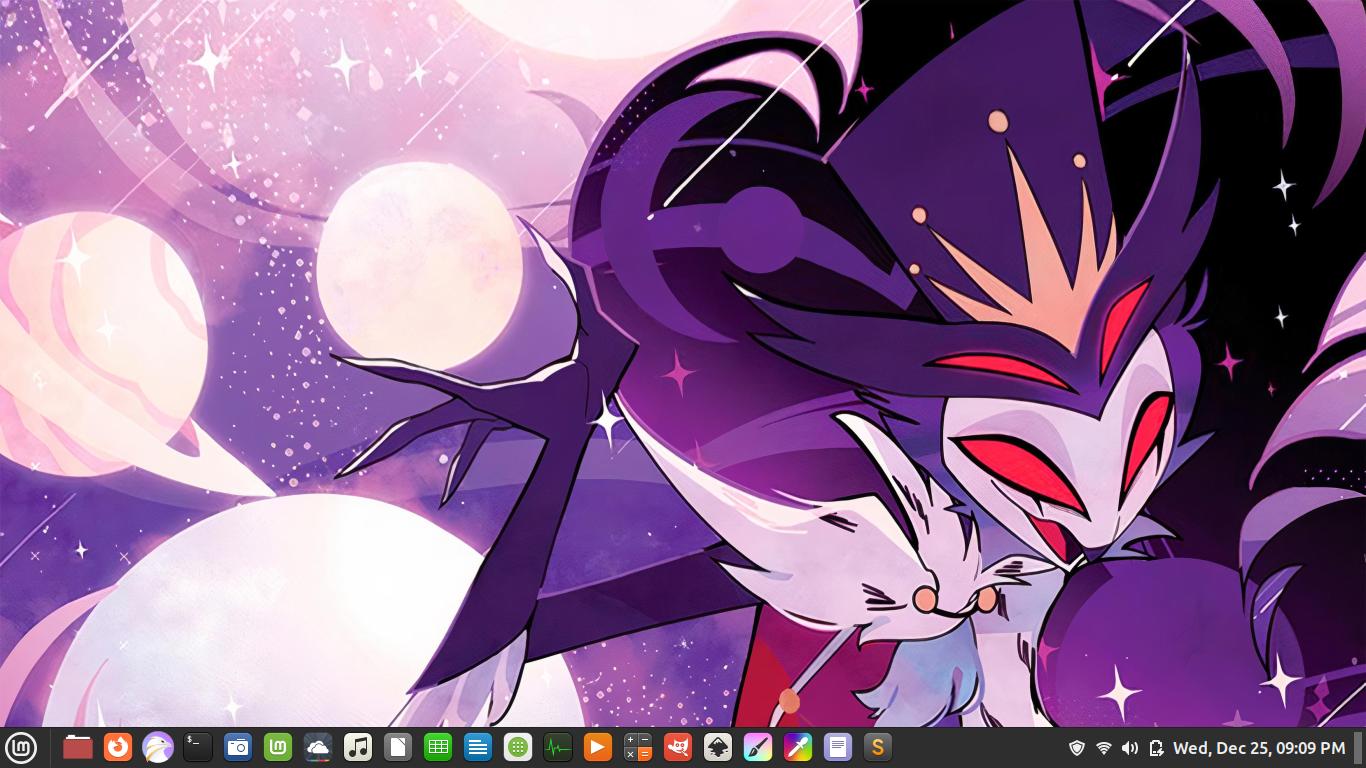204
you are viewing a single comment's thread
view the rest of the comments
view the rest of the comments
this post was submitted on 26 Dec 2024
204 points (92.5% liked)
Linux
48945 readers
533 users here now
From Wikipedia, the free encyclopedia
Linux is a family of open source Unix-like operating systems based on the Linux kernel, an operating system kernel first released on September 17, 1991 by Linus Torvalds. Linux is typically packaged in a Linux distribution (or distro for short).
Distributions include the Linux kernel and supporting system software and libraries, many of which are provided by the GNU Project. Many Linux distributions use the word "Linux" in their name, but the Free Software Foundation uses the name GNU/Linux to emphasize the importance of GNU software, causing some controversy.
Rules
- Posts must be relevant to operating systems running the Linux kernel. GNU/Linux or otherwise.
- No misinformation
- No NSFW content
- No hate speech, bigotry, etc
Related Communities
Community icon by Alpár-Etele Méder, licensed under CC BY 3.0
founded 5 years ago
MODERATORS

Remember the "Jitterbug" mobile phone made specifically for older users?
Kindof in the spirit of that.
Don't hide things in a "start menu" or anything like that. No task bar. Just put a small number of big icons on the "desktop". Open all applications in fullscreen. Don't allow two applications to run at the same time. Optimally, the browser wouldn't be as general-purpose as Firefox or Chromium or whatever. No address bar. Just links to a few bookmarked sites. In fact, no home page on the browser would be good. Just make the websites they have available to go to more icons on the GUI's main desktop. Don't make them right-click for anything, only left-click. But make it easy for people's family to get at the guts, including remotely, to customize the experience for the intended user.